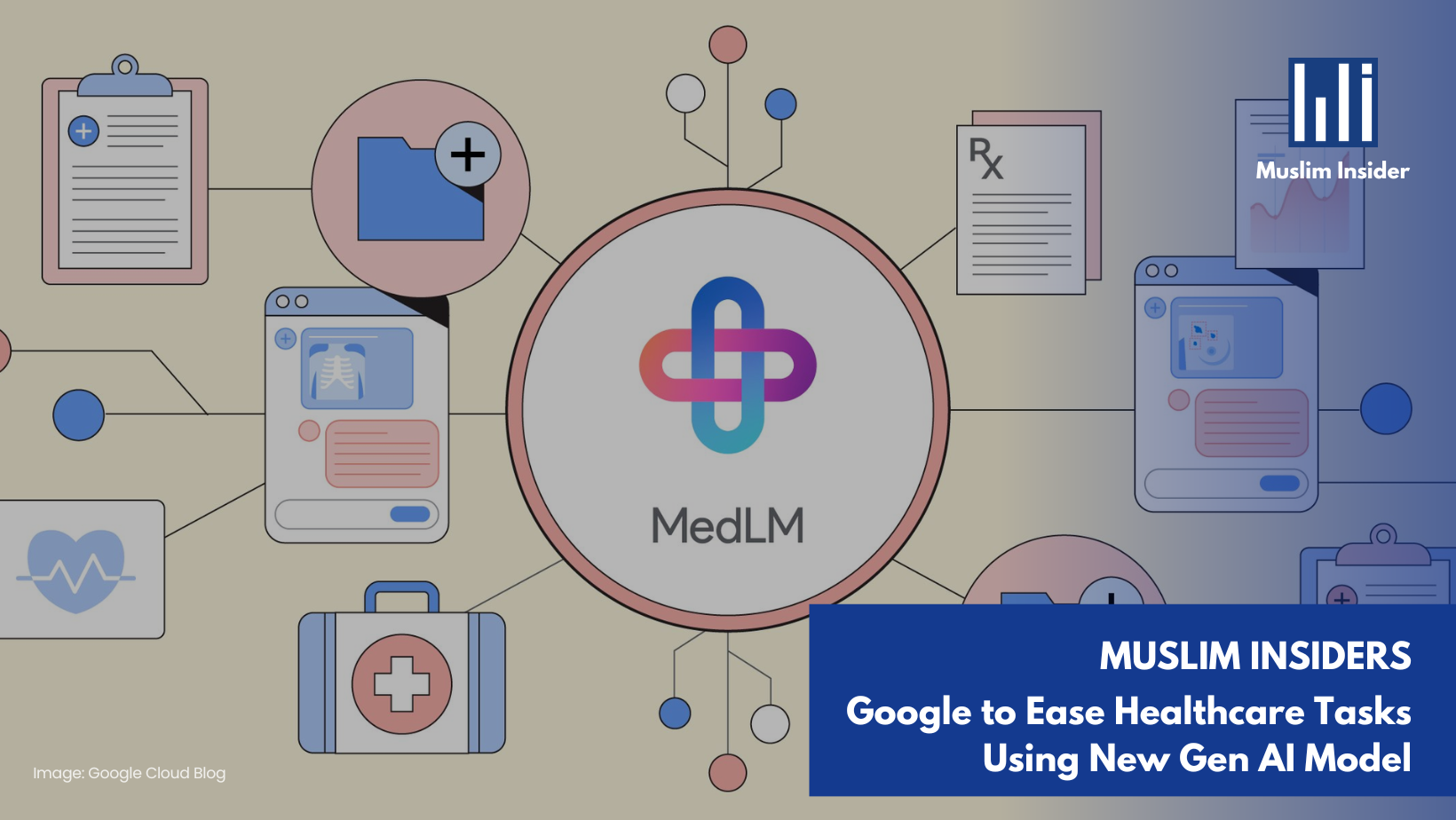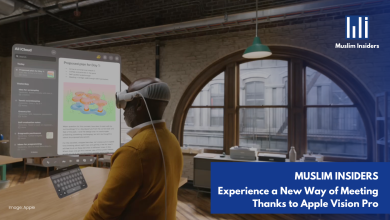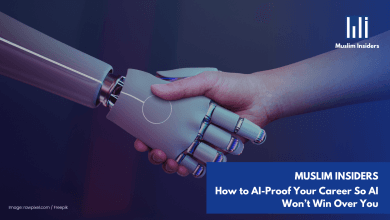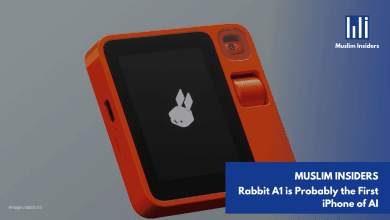Google to Ease Healthcare Tasks Using New Gen AI Model

Google believes that generative AI models have the ability to delegate additional healthcare responsibilities, or at the very least to assist healthcare personnel in completing their tasks. The family of Gen AI models specifically designed for the healthcare industry is called MedLM.
MedLM, which is based on Med-PaLM 2, a Google-developed model that is skilled at an “expert level” in a variety of medical exam questions, is available to Google Cloud customers in the United States (with preview availability in select markets) who are whitelisted through Vertex AI, Google’s fully managed AI development platform. Currently, there are two MedLM models: a larger one intended for “complex tasks” and a smaller, fine-tuned model better suited for “scaling across tasks.” Google emphasizes the importance of selecting the most effective model based on the task at hand, as different use cases may benefit from different models.
Early users of MedLM include HCA Healthcare, a for-profit facility operator, which has been testing the models with physicians to assist in drafting patient notes at emergency department hospital sites. Another tester, BenchSci, has integrated MedLM into its “evidence engine” for the identification, classification, and ranking of novel biomarkers.
Google, Microsoft, and Amazon are all in a race to dominate the potentially lucrative healthcare AI market, which is projected to be worth tens of billions of dollars by 2032. Amazon, for instance, has recently launched AWS HealthScribe, utilizing generative AI for transcribing, summarizing, and analyzing notes from patient-doctor conversations. Meanwhile, Microsoft is conducting pilots of various AI-powered healthcare products, including medical “assistant” apps backed by large language models.
The World Health Organization (WHO) warned in October about the potential risks of using generative AI in healthcare. There could be wrong answers, misinformation, and compromising health data. Although generative models, such as those in Google’s MedLM family, are regarded as more advanced, research suggests that they may be inaccurate in answering even fundamental healthcare-related questions. Google is on it, pledging to deploy generative AI responsibly and cautiously in healthcare. Their aim is to support professionals, ensure benefits for everyone, and maintain top-notch safety standards.






